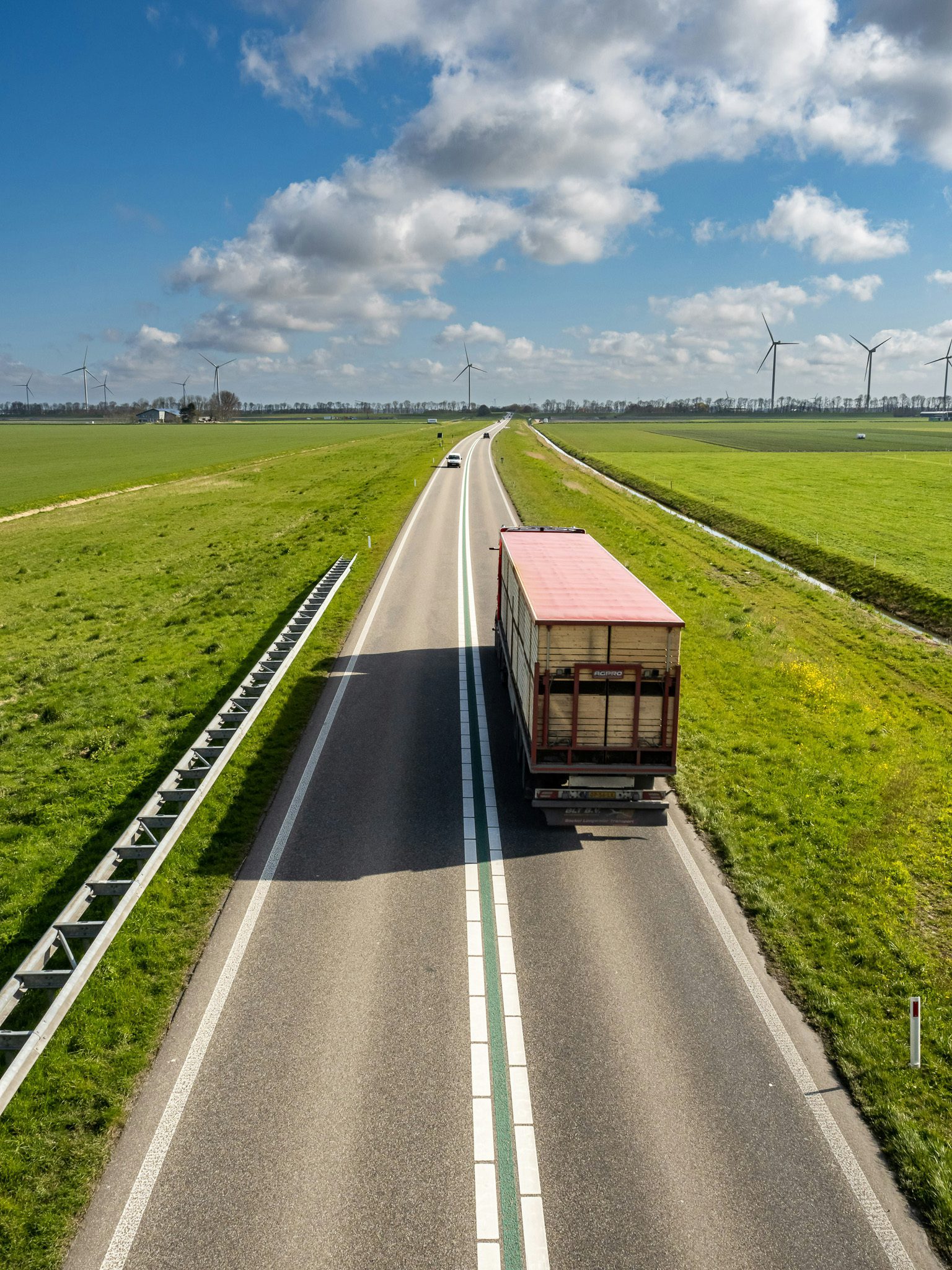
European leaders are facing industry backlash over moves to hedge against the risk of future pandemics. Baker Tilly explores the intellectual property and compulsory licensing debate.
Of the 6.4 million people who have lost their lives to COVID-19, more than 1 million people have died in 2022 alone.
It has been 18 months since the first vaccines started to be rolled out widely by pharmaceutical manufacturers, promising to reduce the chance of serious illness and death, if not infection and transmission. Yet unequal access to vaccines remains one of the biggest hurdles for countries to overcome.
Wealthier countries were able to secure vaccine supplies quickly after they were approved for use, while less developed nations were left waiting in line.
The World Health Organisation (WHO) had hoped that 70 per cent of the world’s population would be inoculated by the end of June, but 136 countries have failed to reach the target.
Concerningly, 66 countries still had vaccination coverage below 40 per cent, which may be linked to new variants that evade existing defences.
More than two years on from the onset of COVID, poorer countries are still struggling to recover economically. Analysis by the United Nations reveals that more than 10 billion doses of COVID vaccines have been administered worldwide, but just 1 per cent have made their way to low-income countries.
Attorney-at-law Selina Bruderer, Member of the Management at Baker Tilly OBT in Switzerland, says one of the biggest hurdles in providing timely vaccine access across the European Union is the divergence of governance across member states.
“Within the EU, there are so many different interests between countries, so throughout the COVID crisis, it has been quite difficult to get all the different interests in line,” Ms Bruderer says.
Against that backdrop, the European Commission is moving to ensure that when the next pandemic emerges, vaccine access will be equal.
The mechanism for that may be compulsory licensing of intellectual property.
Public consultation has begun on a proposal to explore whether patents can be taken and used without the consent of the inventor, after feedback was sought from the pharmaceutical industry, medical professionals and other key stakeholder groups.
The commission has described the measure as a last-resort strategy, and it is easy to mount a public argument that life-saving vaccines should be freely available to all. European nations have promised to share vaccines with low and middle-income nations, and that commitment is not being questioned.
The debate around IP and vaccines centres around the right for countries to develop and make their own vaccines, without the concerns of legal action by patent holders.
Italy’s pandemic response
The EU’s stated aim is to enable equitable vaccine distribution and prevent intellectual property rights being an obstacle.
Italian IP and trademark attorney Matteo Martorana says he believes the proposal is an appropriate response to an international health emergency.
In Italy, compulsory licensing laws were introduced midway through 2021 as part of the country’s pandemic response.
Under Italy’s Recovery Law Decree, compulsory licences may be granted to overcome challenges in supplying essential medicines or medical devices if a national health emergency is declared.
“It balances the interests of the Italian public as well as the drug companies, and it may be a solution that can satisfy all the players in this kind of situation.”
The licences would only be approved if both the Minister for Health and Minister for Economic Development agree that it is necessary, and the law also requires the owner of the intellectual property to be appropriately compensated.
“Compulsory licensing is the right view,” Mr Martorana says. “It balances the interests of the Italian public as well as the drug companies, and it may be a solution that can satisfy all the players in this kind of situation.”
But industry stakeholders say eroding intellectual property protections, even with compensation, could have a negative impact on the pharmaceutical sector.
Vaccine manufacturers, predictably, have been among the most vocal opponents of the plan.
In a submission to the EU filed earlier this year, US-based pharmaceuticals giant Johnson & Johnson believed allowing the compulsory acquisition of vaccine patents would be a “misguided approach”.
“In the same way that giving the wrong medicine will not cure the patient and could worsen the disease, the wrong policy response could inadvertently have a chilling effect on medical innovation and inhibit our ability to respond quickly to a global health crisis,” Johnson & Johnson’s response read.
Pharmaceutical industry organisation Interpat, which specialises in global patent and intellectual property matters, shared similar concerns.
“Compulsory licensing would not have improved vaccine access, but such an approach would have eroded trust, undermined the sharing of know-how/expertise and significantly damaged the global response to COVID-19,” Interpat said.
An investment risk?
Research conducted prior to the pandemic by American think tank Brookings Institute showed that in 2016, private sector investment in R&D reached about $US160 billion globally.
Ms Bruderer says compulsory licensing could remove much of the incentive for companies to research and develop new treatments and vaccines.
She says if any patents that arise from research spending could be provided to third parties without consent, that investment would likely plunge, with pharmaceutical manufacturers’ willingness to spend tied to the potential of future profits.
“How much interest will you still have to invest huge money into developing a vaccine against a sickness like COVID-19, when afterwards you’re forced to licence it for less than the costs that you have put into developing it?” Ms Bruderer asks.
“If you had a company where their only way of making profit is through their patents and getting revenue back through those patents, then that might reasonably cause them to pull out or move out of the country.”
“There is a question as to whether companies would still be willing to continue making such huge investments.
“If you had a company where their only way of making profit is through their patents and getting revenue back through those patents, then that might reasonably cause them to pull out or move out of the country.”
On the flipside, Mr Martorana says requirements for IP inventors to be compensated for compulsory acquisitions would safeguard investment in future research and development.
“Drug companies can always find a way to raise money for research and development – in October 2022, Moderna accepted $US2.5 billion in taxpayer funds to develop its COVID-19 vaccine,” he says.
“Manufacturers can also enter agreements with external consultants to continue their research and development, under non-disclosure agreements.”
“Research and development will continue to go on in a situation of compulsory access, because compensation and remuneration is provided to the company.”
Patient safety, however, looms as another possible concern with forced licensing of vaccine patents.
Typically, when a patent is voluntarily licenced, Mr Bruderer says the inventor will usually pass on manufacturing knowledge.
But if the licensing is forced, she says there would be no motivation to pass on that necessary know-how.
“When such a proposal actually comes into force there would have to be a way to ensure patient safety,” Ms Bruderer says.
“You would need a way to overview manufacturing sites and ensure they have standards. Just because you have the patent doesn’t mean you have the capabilities to manufacture it safely.”









